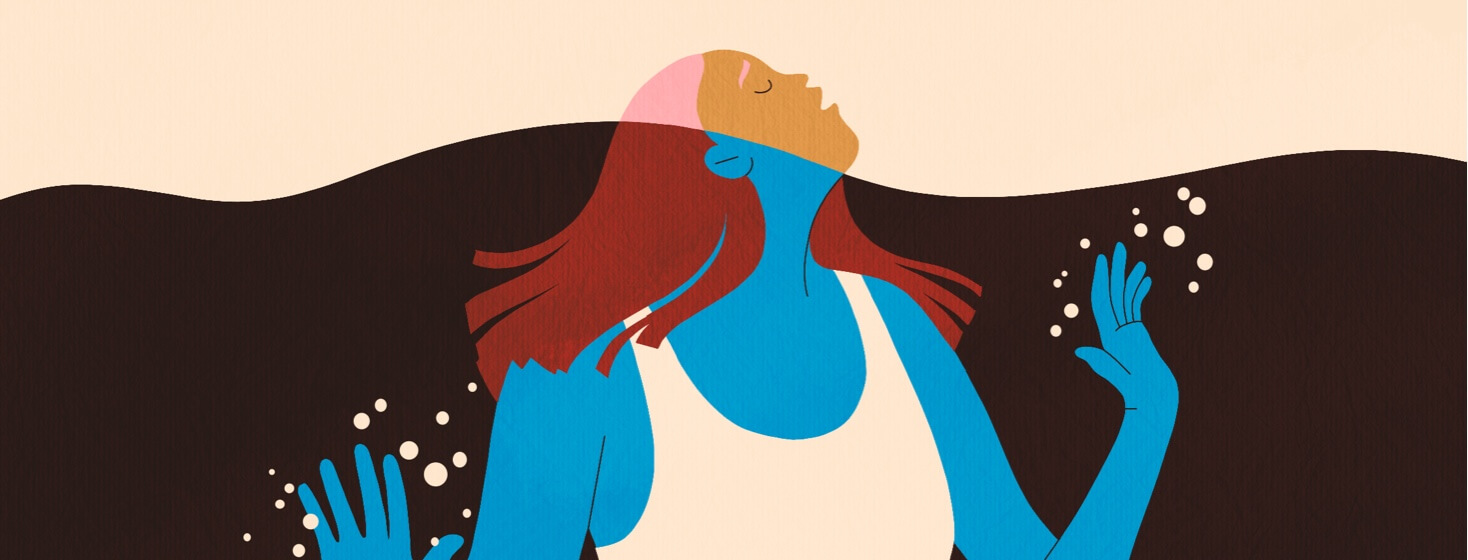Living in Survival Mode
I was diagnosed with dilated cardiomyopathy in 2014 at the age of 25. At that point in my life, I had finished grade school, high school, and college. According to the world, the next step would be starting a career, settling down, getting married, and starting a family. However, this life would not be my story; it was traded for constant hospital and doctor visits, tests and examinations, heartache, and grief.
What is survival mode?
It wasn’t until I reached my 30s that I started hearing about survival mode. According to Dr. Gia Marson, survival mode is a response to stressful stimuli that causes a physiological and psychological response so that your mind and body can focus on combating danger.
As heart failure patients, I think this applies to us all. But, I'm going to focus on what it means for me. When I was first diagnosed, it seemed like a death sentence, but it soon turned into a way of life. I was constantly wondering and waiting for bad news from doctors. I remember when I got my diagnosis; I was scared to sleep because I thought that my heart would stop. The thought of never being able to relax because you’re wondering what the doctors will find next is like being constantly stressed.
Life after a heart failure diagnosis
For instance, when I had my left heart catheterization, the nurse told me that they had seen a minimal amount of plaque in my arteries, and my team would tell me about it when I came in for my clinic appointment. She also told me that they would probably change my medication. The appointment wasn’t until the next week, so my mind was consumed with what the team would say.
I think a part of it was the trauma that I had experienced with my advanced heart failure diagnosis. Life felt so uncertain back then. Every morning, outside my hospital room in the ICU, I would see the team of doctors meeting about me. Everyone peering at me from behind the glass, whispering about my case. What’s worse is that I couldn’t hear what they were saying.
Finally, some good news!
When it came time for the appointment, my doctor came in and asked me if I got any news after my left heart catheterization. I told him what the nurse said, and as I said it, I was waiting for him to tell me the bad news. He smiled and told me that everything looked great. He also told me that the plaque was minimal and there would be no changes to my medications. My lipid panel and cholesterol levels were excellent, my heart pressures were fine, and my liver and my kidneys were good as well. Here I was thinking I would hear bad news because that is what used to happen. I was on Google looking up what causes plaque in the arteries and comparing it to the things in my diet.
The Importance of Living in the Moment
I could finally breathe again. It felt like I was thrust back into survival mode, but it reminded me that no matter how great things are going, there are always things that can go wrong for us. As heart failure and cardiac patients, we are always on high alert most of the time. We are in and out of doctors' offices and hospitals, and it's hard to just breathe and not worry. That’s why it is important for us to live in the moment and enjoy every moment like it's the last. "Survival mode is supposed to be a phase that helps save your life. It is not meant to be how you live."
Do you have a heart failure story? Click the button below to share with our community!

Join the conversation